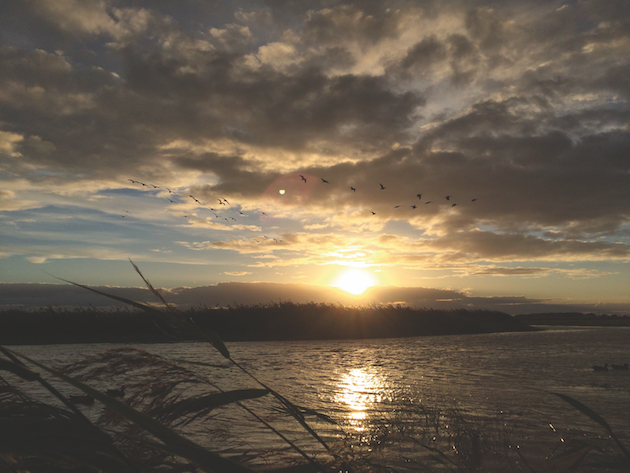Wildfowlers face worrying future
Clubs on the Morecambe Bay and Humber Estuary fight existential threat after Natural England refuses to renew crucial consents

Humber Estuary
Wildfowlers in two of the sport’s most important heartlands may be unable to shoot because long-standing ‘consents’, which allow sustainable wildfowling on European protected sites, have not been renewed by Natural England. One of the refused consents covers areas of the Humber Estuary and the other covers part of Morecambe Bay.
On Morecambe Bay the refusal arises from a complex problem regarding ‘in combination assessments’. These assessments, which Natural England says it is obliged to conduct, look at an individual wildfowling consent in combination with other consents in the same area.
However, Natural England has issued a mixture of time-limited and indefinite consents to different clubs, and claims it cannot now review the differing consents in aggregate. This has led the body to say it is unable to issue the relevant consent.
James Green, BASC’s wildfowling officer, said: “A wildfowling club could have its consent to shoot refused because Natural England has not done, and can’t feasibly do, the work required to assess the level of shooting in other areas. It’s a bureaucratic nonsense that must be fought.
“BASC is already engaging available options to fight this on behalf of clubs and the wider shooting community. We will support clubs and consider available legal and political options to protect the future of wildfowling.”
Wildfowling threatened on Humber Estuary
On the Humber, the refusal to reissue the consents arises from the claim that Natural England cannot be sure that wildfowling would not have an adverse effect, so it must refuse consent. Wildfowling has taken place on the Humber for more than 200 years and
Natural England’s own guidance calls it a “legitimate use of a wildlife resource”.
Ken Arkley, of the Hull and East Riding Wildlfowlers Association, said: “In the long history of all of the clubs operating sustainably on the Humber Estuary, we have never faced such a threat to the future of our clubs and the sport of wildfowling. This is not just impacting on wildfowling, it will effectively put an end to all the related benefits resulting from the work of these wildfowling clubs.
“The main area affected on the Humber is in the Humber Wildfowl Refuge. This is a refuge established by an act of parliament, set up by wildfowlers and conservationists working together back in 1955. The refuge committee oversees two wardens, paid for by the sale of wildfowling permits. This will cease if we cannot resolve this matter,” he continued.
“The affected clubs on the Humber are keen to work constructively with Natural England to find a way forward. Natural England has also indicated it wants to find an equitable and workable solution on the Humber and elsewhere.”








